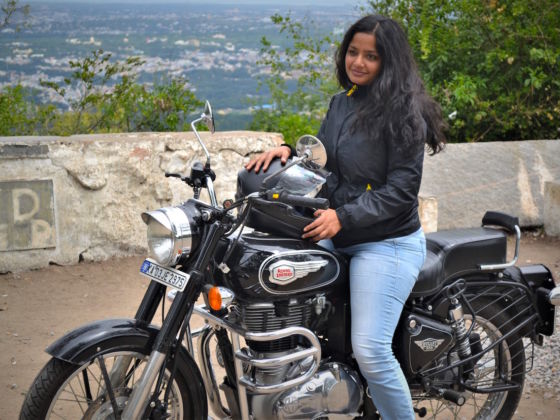As an Indian woman, I never cease to be impressed with the gender-based myths Indian women are plagued with — they all have the remarkable tendency to make room for pity and humour at the same time.
I’ve lived independently for over 15 years now. I’m 29 and still not married. Yes, neighbours do ask my mother if I have trouble finding someone, but all she tells them is, “Why don’t you ask my daughter?”. I’ve travelled the world and had my most memorable trips when I went solo on my motorbike. I recognise that I am privileged, but my strengths are comparable to many Indian women, with or without advantage. Here are 8 myths about Indian women that need some serious debunking:
